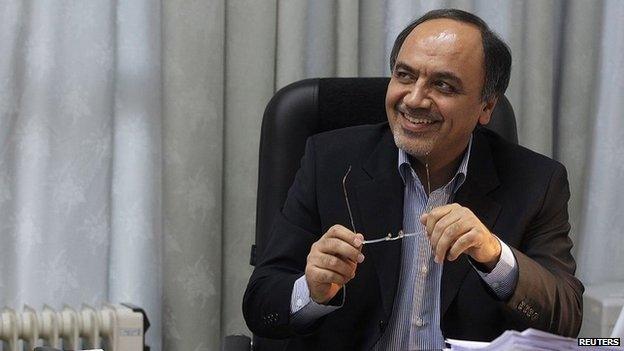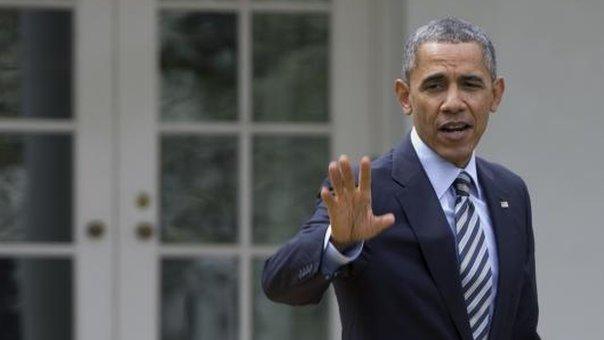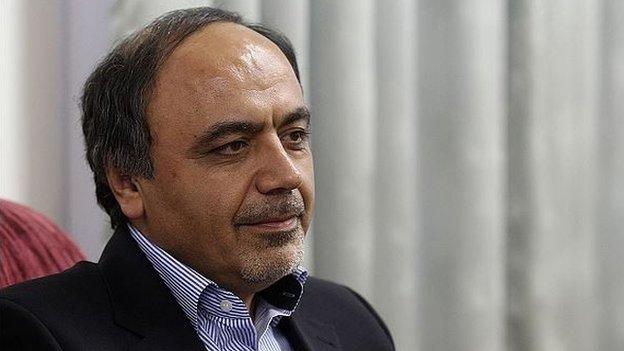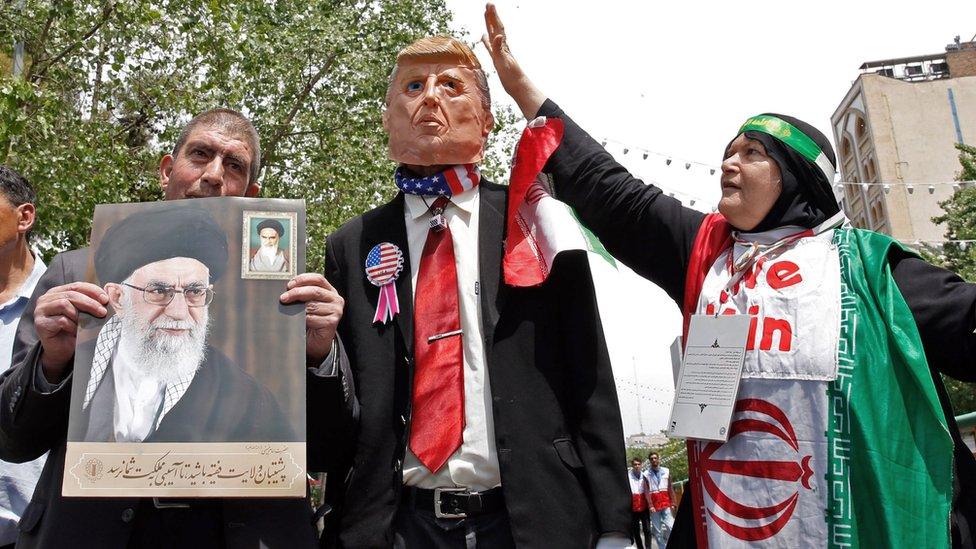UN committee takes no action on Iran envoy's visa ban
- Published

Hamid Aboutalebi is a senior political adviser to Iranian President Hassan Rouhani
A UN committee has taken no action against the US refusal to grant a visa to Iran's newly appointed permanent representative in New York.
The chairman of the Committee on Relations with the Host Country said there had been a "discussion", and that the issue would remain on its agenda.
Iran says the US has violated its legal obligations and set a dangerous precedent by barring Hamid Aboutalebi.
The US says he has links to students who seized its Tehran embassy in 1979.
Mr Aboutalebi insists that he acted merely as a translator on a couple of occasions, an account corroborated by some of the students.
No evidence has been published showing he was used regularly or took part in interrogations of the 52 Americans held hostage for 444 days.
'Positive developments'
Last week, Iran's deputy permanent representative to the UN, Hossein Dehghani, requested an urgent meeting of the Committee on Relations with the Host Country, which includes 19 member states.
After considering the issue on Tuesday, the committee's chairman, Nicholas Emiliou of Cyprus, told reporters that it remained on the agenda and it would "revert to it if necessary".
"I expect to have positive developments on that in the near future."
Mr Dehghani told the committee that Mr Aboutalebi was a "seasoned and well-known career diplomat", and that the US decision to deny him a visa "flagrantly contravenes" the 1947 Headquarters Agreement, under which the US is generally required to grant visas without regard to where they come from, according to a copy of his remarks.
The US representative reportedly said it took its responsibility as a host country very seriously but expressed longstanding concerns about Mr Aboutalebi's admitted role in the hostage crisis, stressing that it was intolerable that someone who had deprived American diplomats of protection should be given diplomatic protection in the US.
On Friday, President Barack Obama signed into law a bill passed by Congress that would bar anyone from entering the US as a permanent representative to the UN if they have engaged in espionage or terrorist activity and still pose a threat to national security.
- Published18 April 2014

- Published15 April 2014

- Published11 April 2014

- Published6 January 2020
